Transition state theory overview from "summary" of Physical Chemistry by Robert G. Mortimer
Transition state theory provides a framework for understanding the rates of chemical reactions. According to this theory, in order for a reaction to occur, the reactants must pass through a high-energy transitional state. This transitional state represents the maximum energy point along the reaction coordinate. The transition state theory also considers the activation energy, which is the energy barrier that must be overcome for the reaction to proceed. The transition state theory is based on the concept of the activated complex, which is a temporary arrangement of atoms that exists at the transition state. The activated complex is highly unstable and short-lived, making it difficult to observe directly. However, its existence can be inferred from experimental data and theoretical calculations. One of the key insights provided by transition state theory is the relationship between the activation energy and the rate constant of a reaction. The rate constant is a measure of how fast a reaction occurs, and it is related to the activation energy through the Arrhenius equation. This equation states that the rate constant is exponentially related to the activation energy. Transition state theory also provides a way to predict the influence of temperature and other factors on the rate of a reaction. As temperature increases, the molecules have more kinetic energy and are more likely to overcome the activation energy barrier. This leads to an increase in the rate constant and a faster reaction rate. Conversely, lowering the temperature decreases the rate of the reaction.- Transition state theory is a powerful tool for understanding the mechanisms of chemical reactions and predicting their rates under different conditions. By considering the transition state and activation energy, chemists can gain insights into the factors that govern reaction kinetics and design strategies to control and optimize chemical reactions.
Similar Posts

Vulnerability is essential for growth
In order to grow, one must be willing to be vulnerable. It is only through vulnerability that we can push past our comfort zone...
Atoms have different isotopes based on the number of neutrons they possess
Isotopes are variations of atoms that have different numbers of neutrons in their nuclei. Neutrons are one of the three main pa...
Life invites us to ask difficult questions
Life is full of uncertainties and complexities that often leave us pondering about the meaning and purpose of our existence. It...
Thermodynamics provides a robust framework for understanding nature
Thermodynamics, with its foundation in the laws of energy conservation and entropy increase, offers a comprehensive framework f...
Properties of liquids explanation
The properties of liquids can be explained by considering the intermolecular forces that hold them together. The molecules in a...
Ionic strength effects on reactions
Ionic strength refers to the concentration of ions in a solution, which can significantly impact the rate and outcome of chemic...
The ideal gas law combines Boyle's, Charles's, and Avogadro's laws
The ideal gas law is a fundamental relationship in chemistry that combines three important gas laws: Boyle's law, Charles's law...

